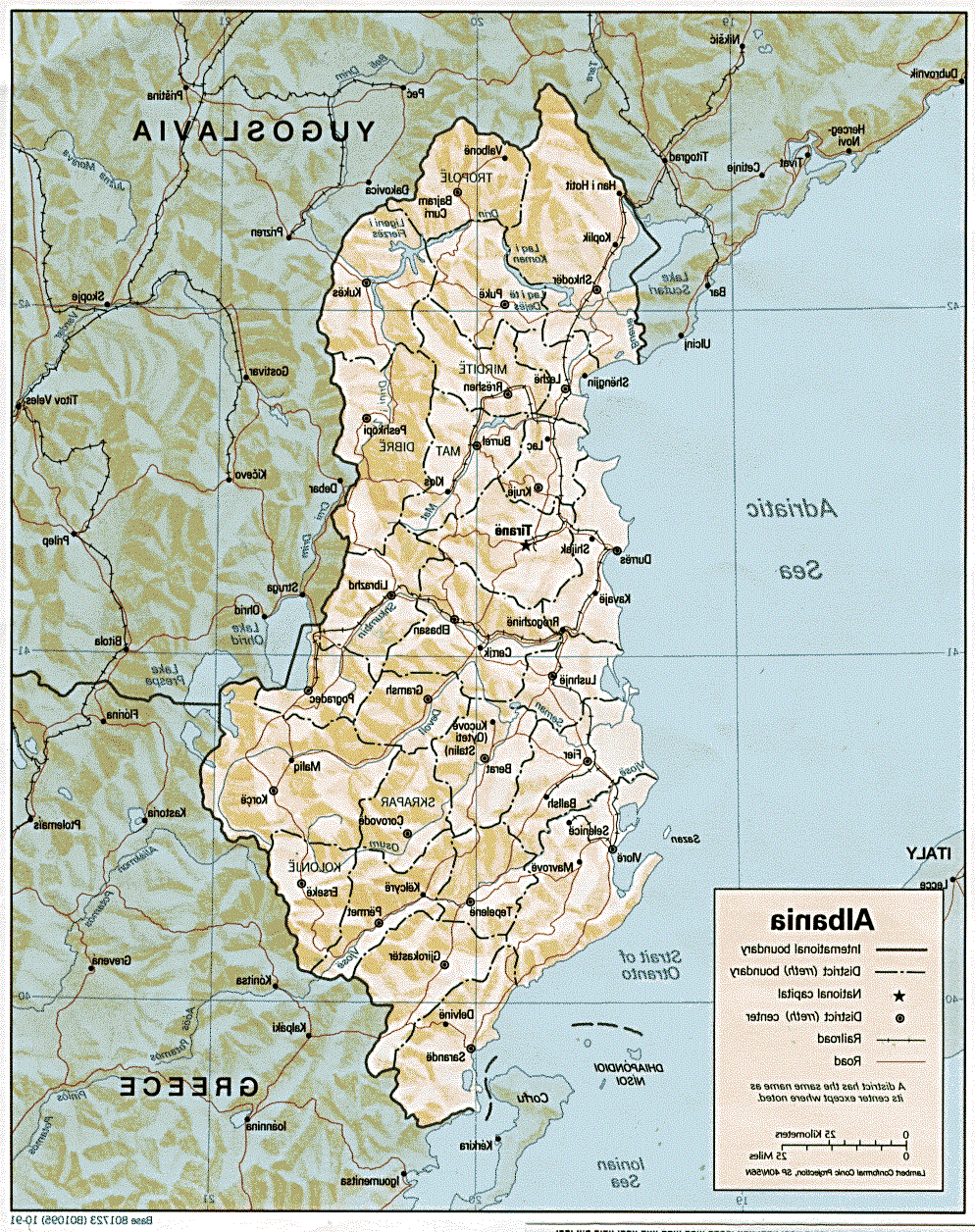Albanian Suite by
Hugh Thomas
Present! by N.W.
Lea
Published by
above/ground press, 2014.
Translators
typically have an agenda when they choose their work. Whether the translation
aims to remedy an incomplete version or present literature to a new population,
the perceived gesture often determines the public’s approach. But Hugh Thomas’ treatment
of poems by Visar Zhiti and a few others not only operates without that
explicit gesture, it confesses to not knowing Albanian! Exploring the grey
area of translation, Albanian Suite is as much a study in intuition as it is a
doorway to improvisation.
Thomas’ key to
informal translation involves responding to words as they appear on the page.
(My efforts to do the same, focusing on poems Zhiti has had reproduced online,
were unproductive.) However the
means of his methodology, it’s clear that Thomas’ poetic guide was at least
accompanied by an experienced, geographical one. Signposts of a summer’s escape
in Europe colour the culture-rich but cash-poor “Music I heard with you” and
the title suite. But broadly speaking, Albanian Suite exists in an overcrowded nexus
between languages – so again, Europe – and finds a couple decoding their way
through the Mediterranean.
“Metropolitan
The two sicknesses
frequent in this epoch are heat and isolation.
There are boxes of
hotels. We are a collection.
Closet doors,
gelatine reductions. Reapparition and sale of automobiles.
Miracles are also
part of the equipment.
Painting,
recovering, becoming impermeable.
The water is in your
family.
Him vs. it:
although they dream equally, they do not speak the same
language.
To become free as
a fish, enter the universal museum.
Dolphin madrigal,
closed water. The subway is culture.
Eat your ticket.
Your future is our compromise.
Language is a
door. At the door we watch you turning out the lights.”
Thomas’ lines are
direct and unaccommodating, as if under foreign constraints, yet the
linguistics at play resound beyond a surface level of political boundaries. The
musicality of the “dolphin madrigal”, like the tokens and tradition that exude a
hectic wedding day rhythm in “Epithalamion”, flex the non-verbal ways we
navigate space (or lack thereof). Thomas offsets the
narrowing effects of language’s deductions as an explorer in “The Strange Mine of Pork Poetry”:
“I don’t worry
about the garden path, which is different for every letter,
because every
letter carries a different experience to the poem. The poem
turns somersaults
along the path despite the tower of texts piled atop one
another to deter
diversions.”
This excerpt, the
third of five prose-poem stanzas, also sheds light on Thomas’ attitude toward
loose translations, waking up dormant avenues inside each letter. Although
unable to find an online bio that lists the languages the author is fluent in,
I reckon Thomas does know some Italian (which, as part of my in-house research,
has been suggested as a useful tool for cracking Albanian) and perhaps some
Swedish. These skills would explain the relative spaciousness of “Clear” (from
Italian poet Giuseppe Ungaretti) and “Stars” (by Finnish poet Edith Sodergran),
one-off translations that glimmer on the outskirts of Thomas’ jam-packed verse.
It’s unclear whether Thomas took more or less creative license with these poems
but, alongside one of his loose translations, the morning song “Early”, they’re the poems I find
most liberating.
There’s a good
deal of improvisation throughout Albanian Suite, as Zhiti’s influence maneuvers
traditional stanzas, free verse, a ten-part sequential and a mock review, among
others. The latter, entitled “Review”, reads like cut-up words of a poetry
review reassembled in scattered order. It may very well be that simple, another
angle of translation that excites with the glimpse of something new. From my
experience, the degree to which these poems leave their mark is also varied,
which is to say the impact of Thomas’ intuition will largely depend on the
dexterity of the reader’s. Confusion is a latent component to excitement and
certainly part of this translator’s curious agenda.
N.W. Lea’s new
chapbook Present! forgoes the responsive processes that layer Albanian Suite, instead
centering on small admissions of awareness. Assembled as twenty individually
numbered trinkets, these new poems rouse us awake in the midst of minutia: a
plain observation, the unspoken portion of a conversation, some inexplicable
act or faraway memory. The who, where and why’s couldn’t make it. In fact,
those omissions form the connective tissue for each tangent – omissions that put
the onus on Lea’s delicate craftsmanship.
Several of these
offerings expire within ten words, so it’s telling that Present! digs so much
aplomb out of its sparseness. Take the otherwise untitled “9.”:
“the doughy flute
music
the classical hand
the budding
edifices
the braggart”
This bite-sized
portrayal helps to populate Present!’s rather domesticated neighbourhood but also
shows Lea’s mastery of honing in on the small scale.
“5.
this forest is
reckless
with odour
I am on the inside
of an outrageous
calm
tiny respite
from the terror
of the temporary”
At once skeletal
and fully formed, “5.” is an opportunity to revel in ambiguity. The forest,
odour, calm and terror each have their proximity to “an outrageous calm” but
even that imagery remains elusive. Lea’s disciplined sieve permits only mood and
tone to have a fixed presence and it lingers like the afterglow of a good Haiku.
Present! collects
unassuming but cleverly managed observations refined over time and, as such,
rewards a casual read. Digested over a longer period, however, these poems and
their gaps, like communal patches of lawn between houses that neither neighbour
can fully enjoy, hang together like a tapestry, all the more memorable for the
ways it feels unfinished.


No comments:
Post a Comment